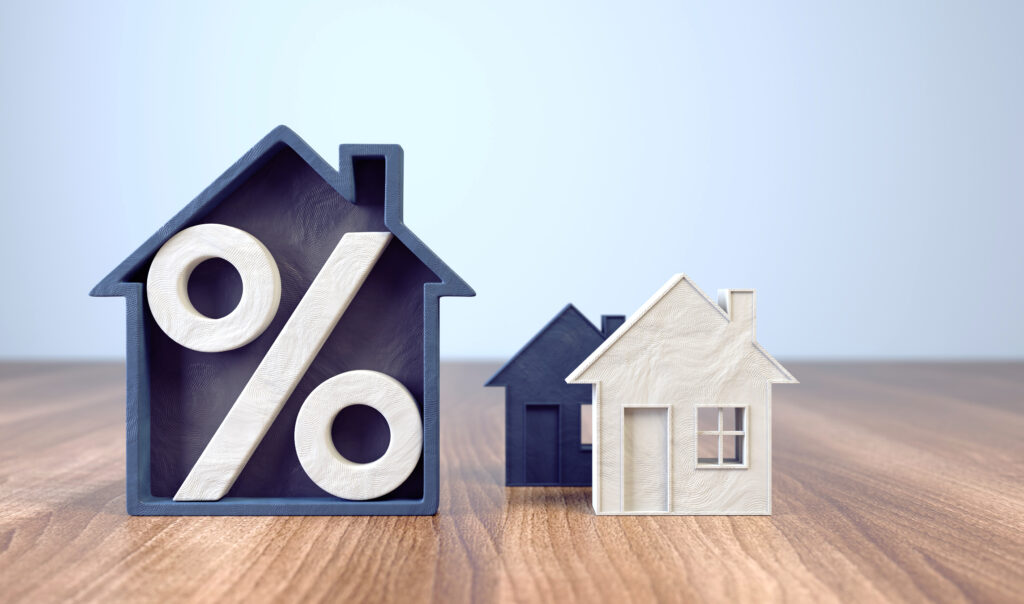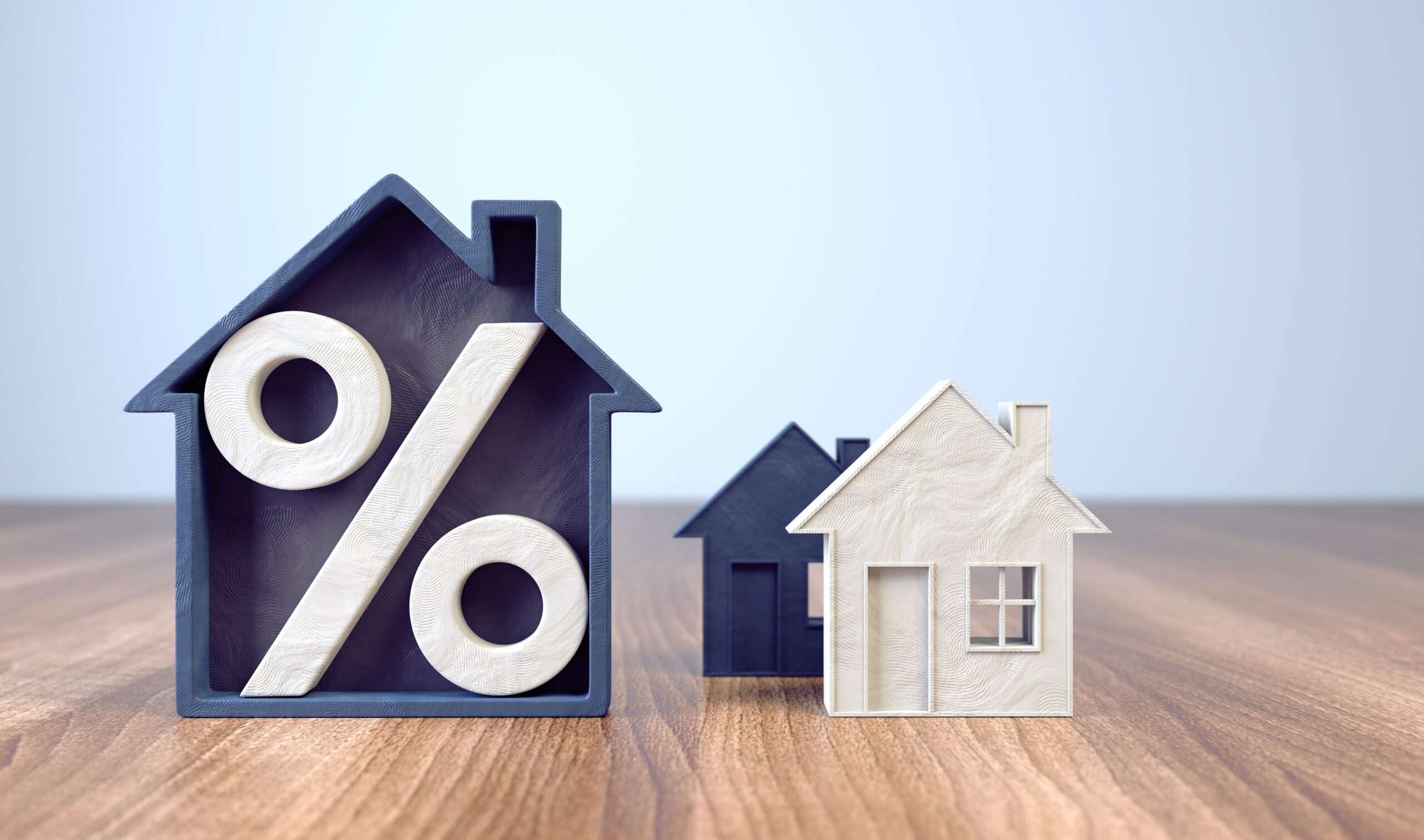It is a myth that to buy a house, you need a minimum of 20% deposit to secure a mortgage, but what if there was a way to buy a home with as low as a 3.5% down payment or possibly less? Many programs will allow you to purchase a house without putting down a whopping 20%. If you are a first-time home buyer, you may qualify for an FHA loan that allows a 3.5% down payment. That is not the only way, other mortgages would allow you to buy with 3%, 5%, or even 0% down to buy a house. Let’s dive in.
According to the National Association of Realtors, 87% of home buyers used a mortgage to buy a home with the average homebuyer putting 13% down and 8% on average when the buyer is under 30 years old. Buying a house with 20% or more will save you money, but $50,000 + is unfathomable to some people.
Did you know that some mortgage programs only require a down payment of 3.5%, 3%, or even 0%? Contact me for a list of qualified FHA lenders. First, you need to find a mortgage professional, you will gather the financial documents that they require, and if you qualify you are on your way. A 20% down payment is necessary to avoid Private Mortgage Insurance (PMI). If you buy a house with less than 20% down payment, you need PMI. PMI is like an insurance that you have to pay every month along with your mortgage payment.
For a $350,000 house with a $12,250 (3.5%) down payment, your PMI would cost $163 a month until you reach PMI rules vary from state to state and cover the lender in case the borrower defaults on the loan. So if you are going to buy a house there are 5 things not to do.
What NOT to do when buying a house
- Do not make any large purchases, like a car, or a new credit card: this could affect your FICO score as well as your Debt to Income Ratio (DTI)
- Do not max out your credit cards: this could lower your credit score and increase the cost of your mortgage
- Do not quit or change your job: A lateral move may not affect your loan so much but a change in career will. You need to show approximately two years income of income in a commission-based job, so don’t leave.
- Before looking for a house, make sure to get a mortgage. This helps you know how much you can afford and avoid disappointment.
- Do not go with the first lender that you meet: Procure a list of qualified lenders and ask a lot of questions. Some lenders may have a special program that works for you, so take advantage.
Types of Mortgages

The conventional loan
The most common loan is the conventional loan. The conventional loan meets the requirements set by Fannie Mae or Freddie Mac. There are many kinds of conventional loans, and each one has its own requirements. The amount you can borrow, the interest rate, and your down payment may differ. A first-time home buyer could qualify for a conventional loan as low as a down payment as low as 3%, which isn’t so bad. Many buyers want to avoid the PMI so they have a lower mortgage payment and put down 20%, a $350,000 mortgage with 20% down is $70,000.
Pros of a conventional loan
- Can be used for a primary home, second home, or investment property
- The cost to borrow is generally lower than most other loans
- PMI will be canceled upon request when you reach 20 equity
- If backed by Freddie Mac or Fannie Mae you can pay as little as a 3% down payment
- Closing costs can be paid by the seller
Cons or a conventional loan
- Minimum FICO score of 620 required in most cases
- Higher down payment than government-backed loans
- Debt-to-income ratio no more than 43% in most cases
- PMI if less than 20% down payment
FHA loan or Federal Houses Administration Loan is easier to qualify for that allows a not-so-perfect credit score and allows a minimum down payment of 3.5%. The FHA loan is backed by the government and will require PMI insurance if less than a 20% down payment. Allows sellers to contribute towards the closing costs.
203K loan
The 203K loan also known as the fixer-upper home loan, is the most popular if you want to buy a home that is in need of some work. A turnkey property where all you have to do is unpack might be what you want, but it also might be out of your budget. this might save you a little money and would allow you to put your own touches on the house. You should work with a lender that has experience with this type of loan.
This loan is from the HUD’s Federal Housing Administration. You can use it to buy, refinance, or renovate your home without needing two loans. Contact your lender or click here for information.

USDA loan is available in a rural area and USDA-eligible areas and structured for moderate to a low-income home buyer who meets the required income limit. Allows a low down payment however an upfront 1% fee is required that can be added to the mortgage.
VA loan is a low-interest loan available to veterans, active duty military, and their families. There are no minimum down payments, PMI, or credit score requirements. Allows the seller to contribute towards the closing. There is a funding fee that can be paid on the front end or included in the mortgage.
Pros of government-backed loans
- Helps the borrower who doesn’t qualify for a conventional loan
- Lower credit requirements
- Lower down payment
- Available to first-time home buyers and repeat buyers
- No PMI for VA loans
Cons of government-backed loans
- Unless the loan is refinance, PMI can not be canceled
- Lower loan limits
- Must live in the home
- higher borrowing cost is possible
- More documents than a conventional loan to prove eligibility
Adjustable-rate mortgages (ARM) are loans the rate will rise and fall with the market. Usually will have a fixed rate for a few years (6-7) then will change with the market conditions. This loan could work well if you don’t plan on being in the house for very long, avoiding the rate increase.
Pros of ARMs
- Fixed rate for a few years
- Can save money on interest rate
Cons of ARMs
- Monthly mortgage payment could rise during the life of the loan
- If the home value falls, refinancing could become difficult
As a general rule the larger your down payment the lower your loan payments will be. However, there are a few things to look at when choosing the amount that you should put down on a house. If you have a sizable cash reserve but your income is on the lower end of your qualifications then a higher down payment might work for you lowering your monthly payment. But if your reserve fund isn’t where you would like it to be then a lower down payment could be best. The bottom line is to talk to your Mortgage professional, and get as much information as you can get so you can get the loan and conditions that work best for you.
[showcaseidx_hotsheet name=”Ocean & Monmouth County 55+”]
buy a house with 3.5% down payment or less
Do you Qualify to Buy a House With Only a 3.5% Down Payment?
It is a myth that to buy a house, you need a minimum of 20% deposit to secure a mortgage, but what if there was a way to buy a home with as low as a 3.5% down payment or possibly less? Many...



